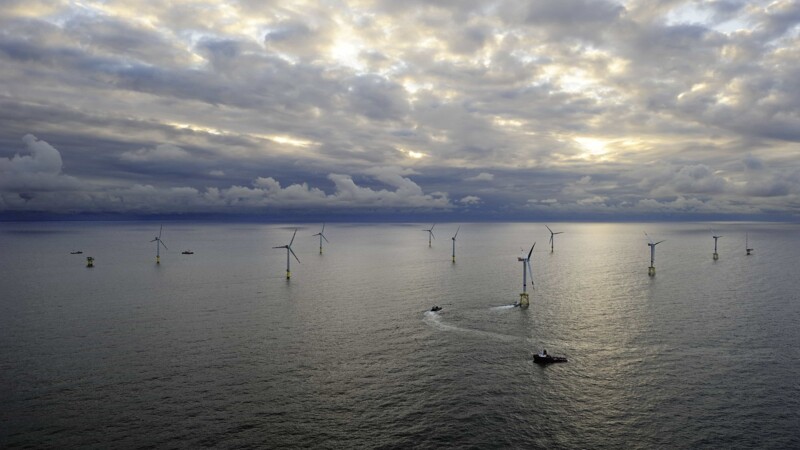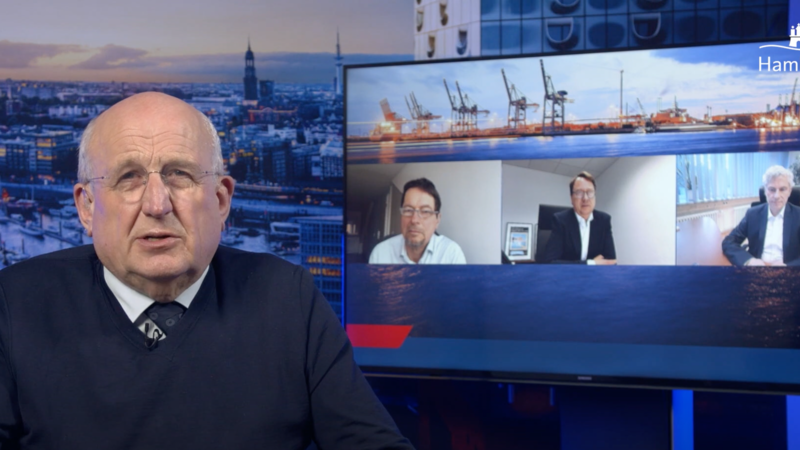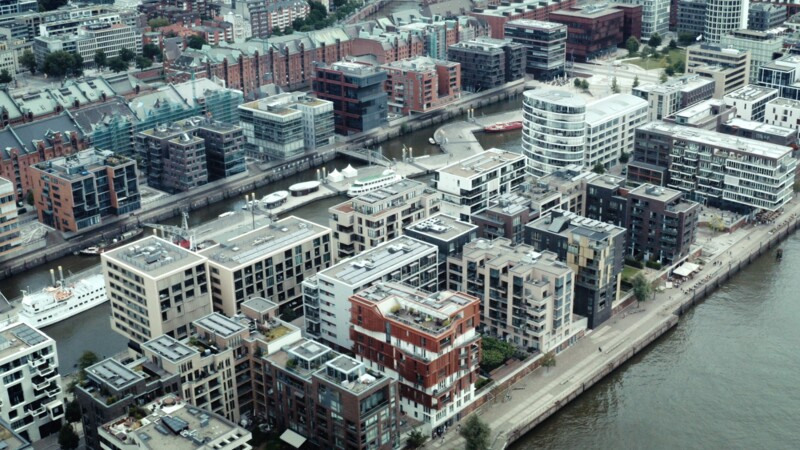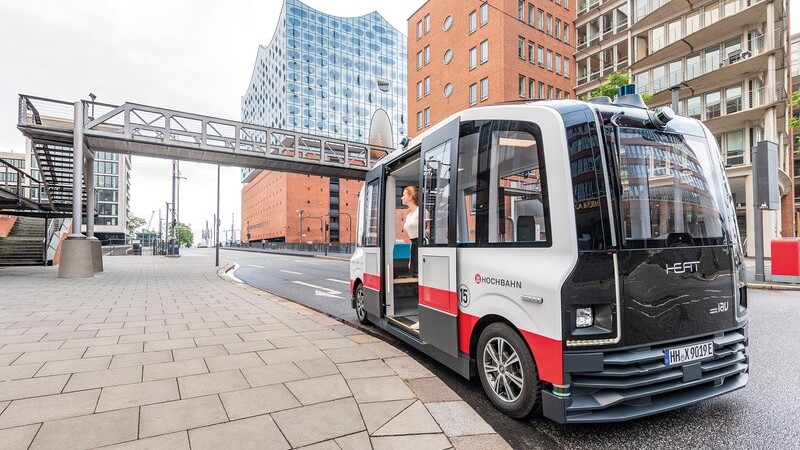Hamburg News: What can Copenhagen learn most from Hamburg?
Jens-Peter Saul: Hamburg is the gateway to the world. The Hanseatic city has strong economic ties all over the world and is a champion of logistics. As an open city, Hamburg attracts many global companies. The ideal route for Danish companies to Germany - but also to the world - is thus via Hamburg. Northern Germany is Denmark’s largest trading partner and for good reason. And when it comes to sustainability and innovation, Hamburg is a heavyweight and an ideal partner for Danish companies.
Hamburg News: The motto of this year's HCBF is “Joining Forces for Green Growth”. What do you consider the most important topic for co-operation between the two cities in the coming years?
Jens-Peter Saul: Denmark and northern Germany pioneered wind energy giving them an early lead in sustainability when other regions of the world had not even thought about climate change. As a result, global champions, who make a significant contribution to the local economy, have emerged in the region.
However, the recent climate disasters and the latest UN Climate Change 2021 report show clearly that that is insufficient. Things must happen much faster. Very great efforts must be made to prevent a climate disaster. That poses both a huge challenge and an opportunity to both cities. The expansion of wind and solar energy and the electrification of transport and the economy must be driven forward worldwide. Copenhagen’s exemplary transport system makes it very easy to do without a car. Of the 1,400 employees at our group headquarters, almost half come by bike. And I have an electric company car, yet I cycled to work for most of last year. That benefits all our businesses in this area naturally.
However, to achieve our climate goals, we also need a huge, integrated hydrogen sector to fully replace oil and gas. Hamburg in particular faces a major task here in converting its port and industries to hydrogen. Although Hamburg is planning its own large generation capacities, it will have to rely on imports of hydrogen (H2) due to the expected increase in demand for green hydrogen. Denmark’s execution of the energy transition is very advanced and the country is now planning more ambitious projects. A good example of this is the energy island for offshore wind energy, which is currently being planned and on completion will probably have more capacity than needed. Hamburg could accelerate the conversion through a joint or linked hydrogen sector and better use made of Danish wind and hydrogen plants. That would improve economic viablilty and hasten its execution.
Similar to the early days of the wind industry, we again have an opportunity to lead the way and create global champions by using the technology early and on a large-scale. But now we have far less time to meet our own CO2 targets. And less time because other cities or regions and countries will recognise the huge potential of hydrogen and enter the field. So we would also become faster by co-operating. Apart from that, due to both cities’ leading roles in sustainability, I believe we have a role model function. If Hamburg and Copenhagen manage to achieve the climate goals and maintain prosperity at the same time, others will follow their lead.
Hamburg News: Thank you for the interview Mr. Saul.
oc/imb/sb/pb




